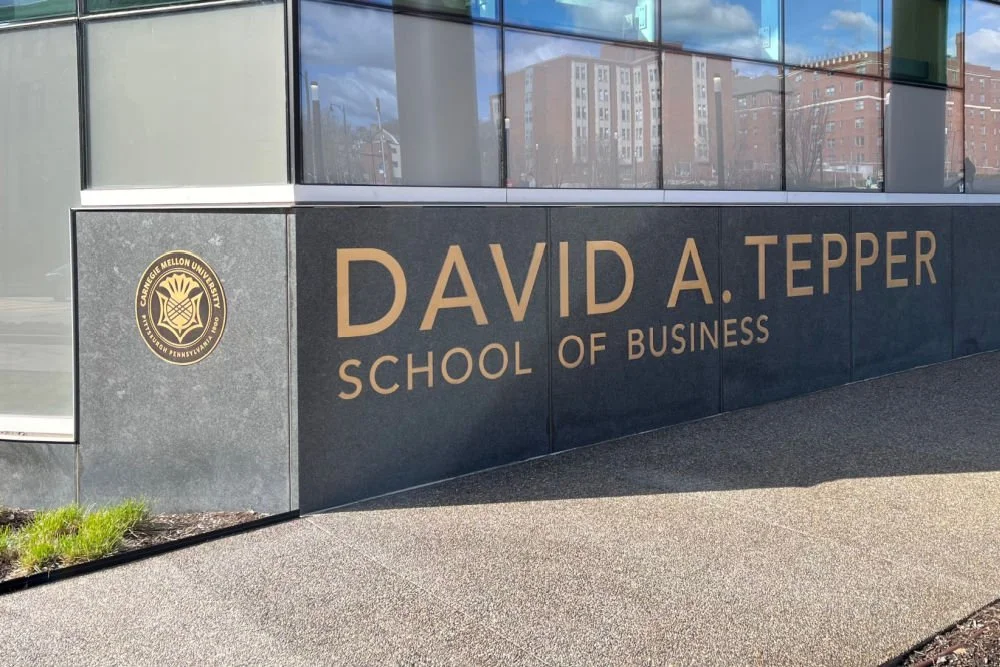What a Recent Bank Merger Means for Nonprofits in the Southeast
/ Alyssa Ochs
Downtown Memphis, Tennessee. Photo: Sean Pavone/shutterstock
In today’s ever-changing financial world, bank mergers have become so commonplace that they’re hardly even newsworthy anymore. But all across the U.S., banks have established charitable giving foundations to give back to the communities they operate in. This prompts the question of what happens to bank foundations after mergers and acquisitions take place.
In December 2017,the Charlotte, North Carolina, Capital Bank was acquired by First Horizon National Corporation. First Horizon is based in Memphis, Tennessee, but this acquisition extended its geographic reach into new markets in the Southeastern U.S. Now combined into one banking entity, this is the fourth-largest bank in the Southeast and has approximately 300 branches in the region. First Horizon has operated its own charitable foundation since 1993, and to kick off its 25-year anniversary, it launched a new grantmaking entity called the Capital Bank Foundation.
All of the various entities can get confusing for local grantseekers who just want to know where to send a grant application, so let’s break things down a bit.
Over past couple decades, the First Horizon Foundation has distributed over $80 million through its First Tennessee Foundation, which is the foundation of its subsidiary, First Tennessee Bank. However, pretty much all of these grants have been awarded in various parts of Tennessee, over $5 million annually in the last few years.
Now, with a new market and a new foundation under its control, this bank is expanding grantmaking in both dollars and geographic reach. The Capital Bank Foundation’s first foray into grantmaking is a video contest that involves submitting a quick, 60-seconds-or-less video that explains how a foundation grant has helped a past grantee or would potentially help a prospective grantee.
Choosing a video submission format over traditional paper or online applications is an interesting first approach for a new bank funder to take. But is suggests that bank funding may look a bit different in the future and take a turn from what’s been done in the past.
Organizations in the following areas may submit no-frills videos to the bank’s 25 Years of Giving Video Contest between now and August 1:
- West Tennessee: Memphis, Jackson
- Middle Tennessee: Nashville, Cookeville
- East/Northeast Tennessee: Knoxville, Chattanooga, Cleveland, Tri-Cities, Greeneville, Sevierville, Morristown/Dandridge
- Northwest Mississippi: Southaven, Olive Branch, Hernando, Horn Lake, Senatobia
- Texas: Houston
- Florida: Jacksonville, South Florida/Keys
- North Carolina: Triad, Triangle, Charlotte, Hickory, Asheville
- South Carolina: Charleston, Greenville/Spartanburg, Columbia
- Virginia: Richmond
Notably, the bank is opening up the first round of judging to the general public to narrow the submissions down to just 25 videos in late August. Then community leaders will do the second round of judging to award a total of $250,000 in individual grants of $5,000 to $25,000 each. Going forward, the First Tennessee Foundation will handle giving in Tennessee and Texas, while the Capital Bank Foundation will focus on Florida, North Carolina, South Carolina and Virginia.
“We know that there are stories in our communities that have happened that we may not be aware of,” said Alana Hu, the community investment manager at First Tennessee Bank. "So we’re excited to share those, but then also to identify what are the other potential partnerships of nonprofits.”






































